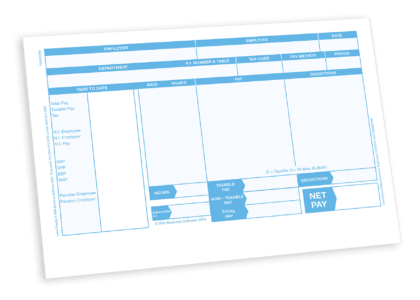Under the heading of other provisions in Turkey, the mandatory nature of the provisions regarding inventions, the rights and obligations of the parties regarding the patent application and the pre-emption rights of employees will be discussed.
Article 117 of the Law emphasizes the mandatory nature of the provisions in Turkey regarding employee inventions and the requirement of equitable compliance is sought.
Accordingly, it is prohibited for employers to make arrangements and practices to the detriment of employees in violation of the provisions regarding employee inventions. Additionally, according to Article 25 of the regulation, the provisions of the regulation regarding the employees are mandatory provisions in Turkey and cannot be changed to the detriment of the employees. In the event that there is a provision in the collective bargaining agreement or service contract in force in the workplace or there is an established practice in the workplace, the provision or practice in favor of the employee will be taken as basis.
The freedom of the parties to enter into agreements regarding employee inventions shall commence after the application for the granting of a patent in the case of service inventions, and after the notification obligation of the employee to the employer in the case of free inventions.
Even if the agreements made between the employer and the employee regarding service inventions and free inventions are not contrary to the mandatory provisions in Turkey regarding employee inventions, they will be deemed invalid if they are significantly incompatible with equity. The same rule is also valid for the consideration determined.
Objections that the contract or the price determined is unfair may be raised in writing within six months at the latest from the end of the labour contract.
Article 118 of the Law deals with the rights and obligations of the parties regarding the patent application. According to the regulation:
– The employee is obliged to provide the employer with the information necessary for obtaining a patent and to provide the necessary assistance.
– The employer is also required to provide the employee with copies of the application and annexes made for the granting of a patent for the service invention and to inform the employee of the developments during the application procedures upon the employee’s request.
– The employer is obliged to notify the employee if the employer wishes to abandon the patent application or the patent right before paying the fee requested by the employee for the service invention. Upon the employee’s request, the employer is obliged to transfer the patent right or the documents necessary for obtaining a patent to the employee at the employee’s expense. If the employee does not respond to the notification made to him/her within three months from the date of notification, the employer may waive the rights provided by the patent application or patent. In such a case, it is possible for the employer to reserve the non-exclusive right to benefit from the service invention with this notification for a reasonable price.
– The rights and obligations arising from the employee invention will not be affected by the termination of the employment contract.
Article 120 of the Law grants the employee the right of pre-emption. Accordingly, in the event that the employer goes bankrupt and the bankruptcy administration wants to transfer the invention separately from the enterprise, the employee has the right of pre-emption regarding the invention that the employer has made and the employer has a full claim.
Apart from this, the compensation receivable arising from the employee’s invention is accepted as a privileged receivable. When necessary, the bankruptcy administration shall distribute multiple receivables of this nature among the creditors in proportion to their receivables. It is also possible for the employee to request the invention to be converted into a free invention instead of a compensation claim.





